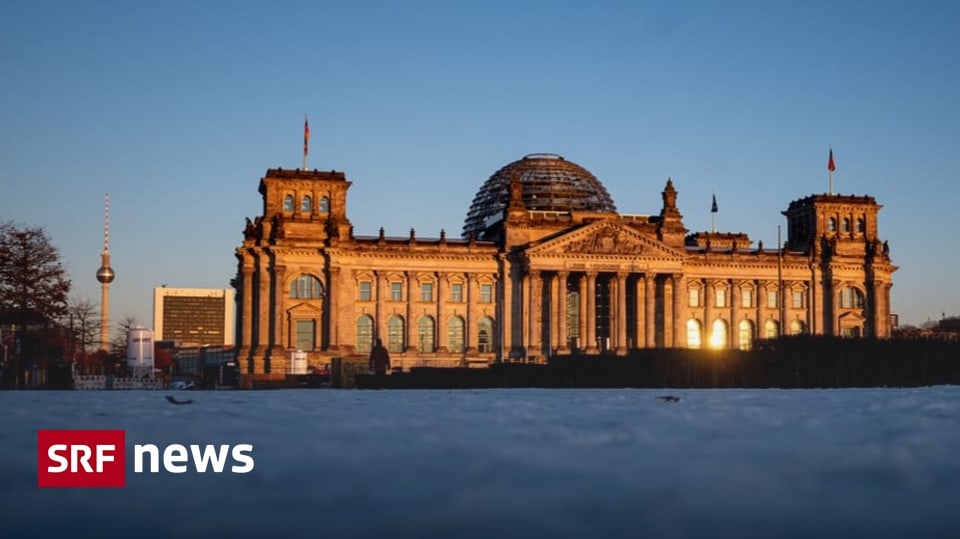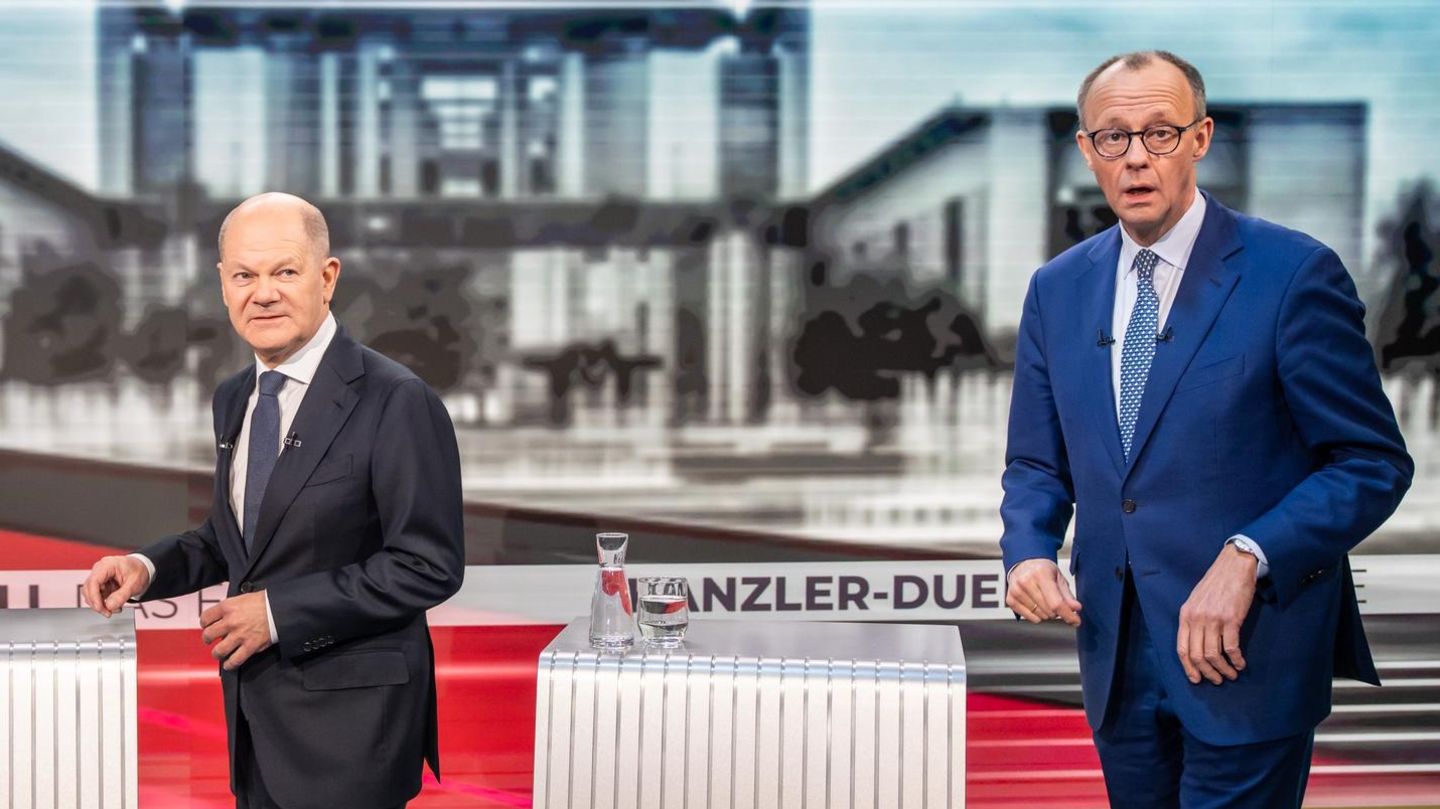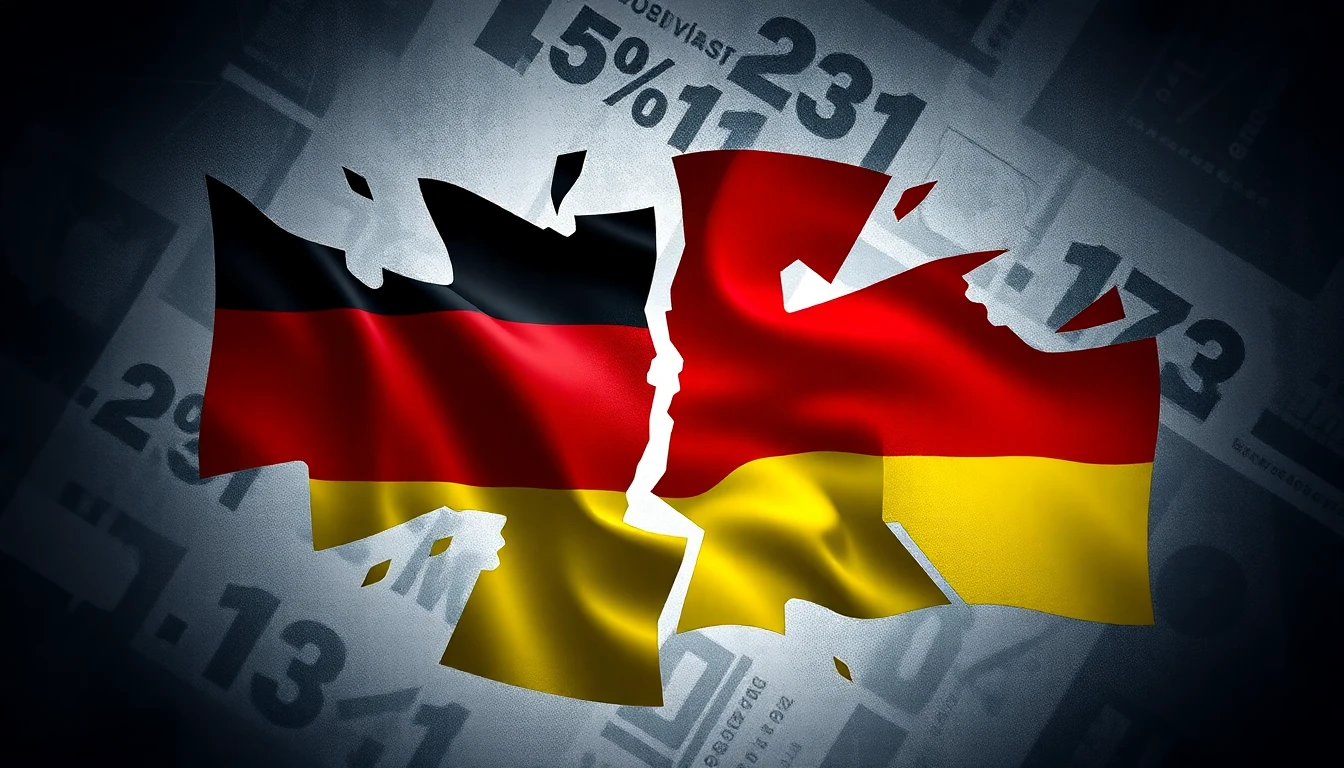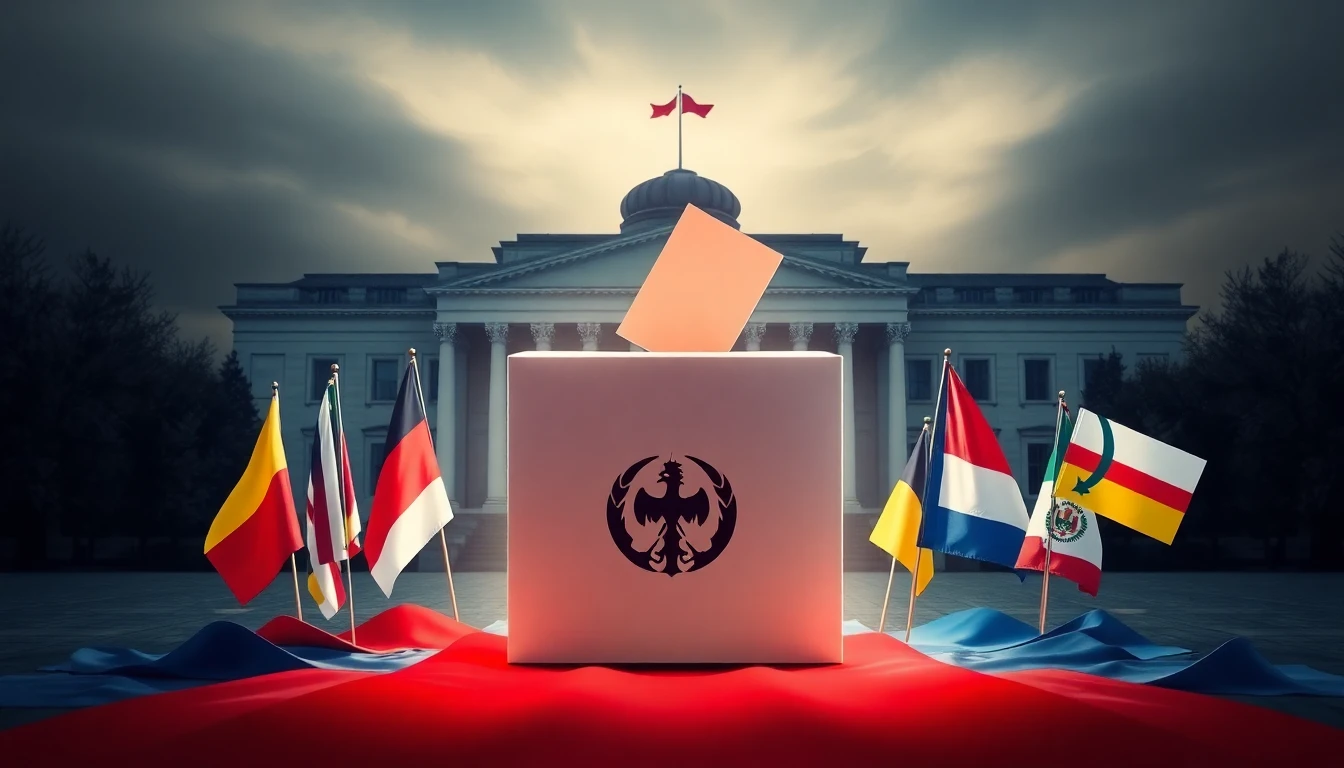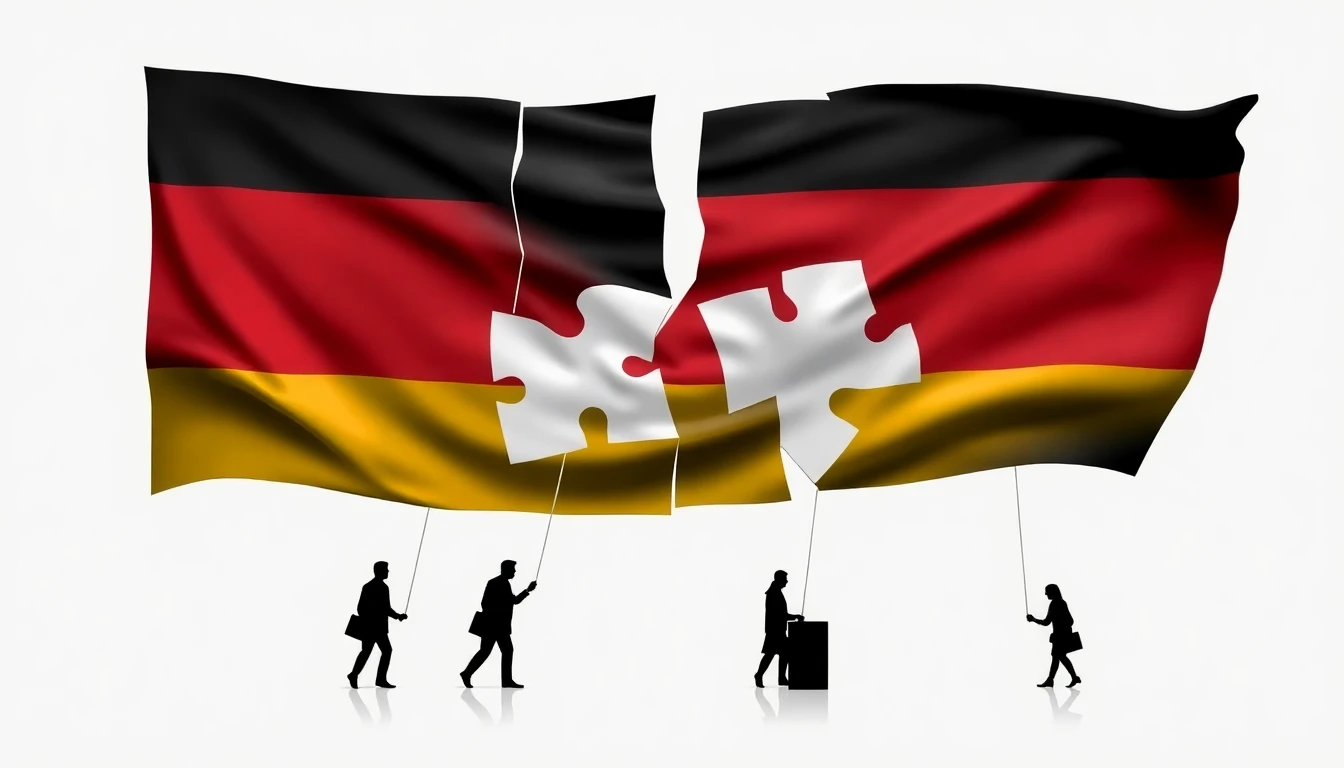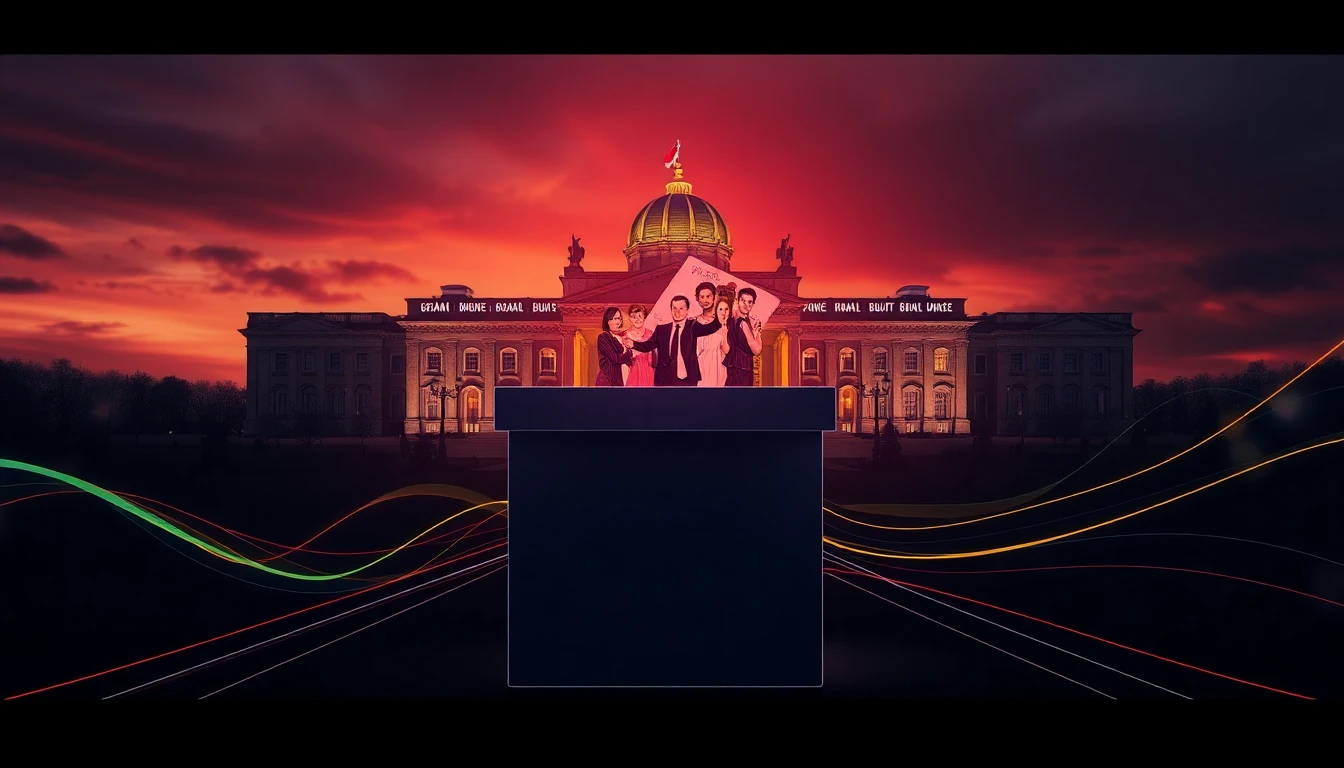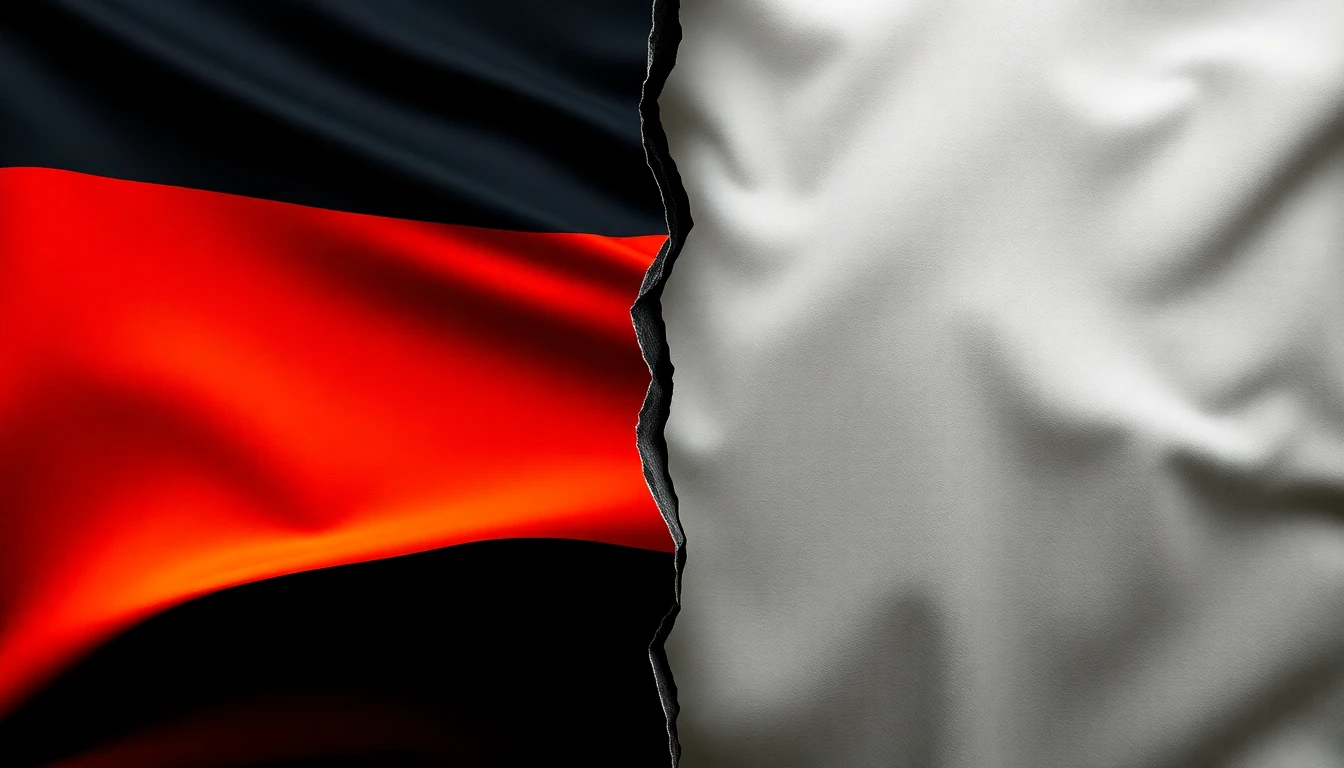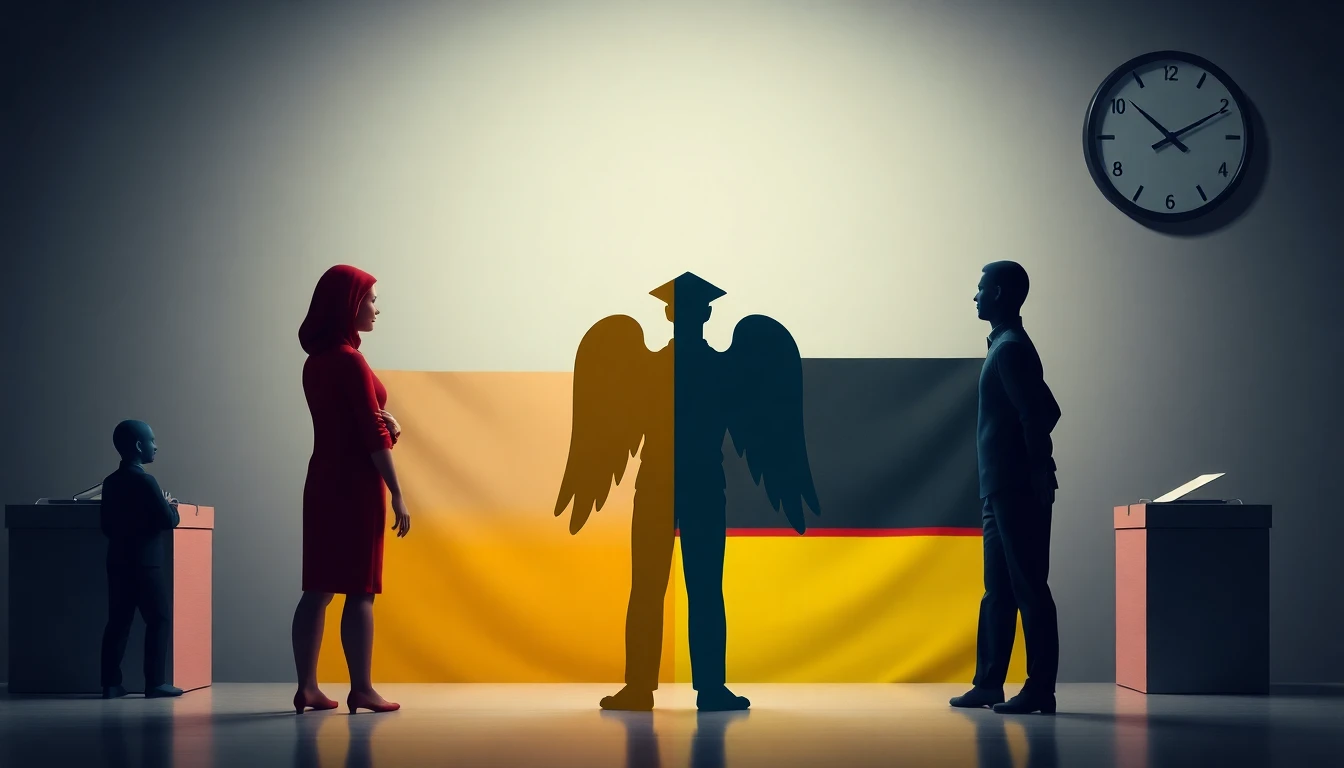Germany is gearing up for the 2025 Bundestag election on February 23, with 60 million voters set to decide the nation's political future.
The race is tight, with polls showing the CDU/CSU leading, followed by the AfD at 20%, and the SPD in third place.
Smaller parties like the FDP and BSW are struggling to cross the 5% threshold, which could significantly impact parliamentary dynamics.
The election is marked by high voter indecision, with 30% of the electorate still unsure.
This uncertainty has intensified the campaign, with parties vying for last-minute support.
The AfD's rise has sparked debates on democracy and social cohesion, while the Left Party has gained traction with its focus on social justice.
Exit polls will provide initial projections at 6 PM on election day, but the final results, including mail-in votes, may shift the outcome.
The election's results will shape not only Germany's government but also its role on the international stage.

